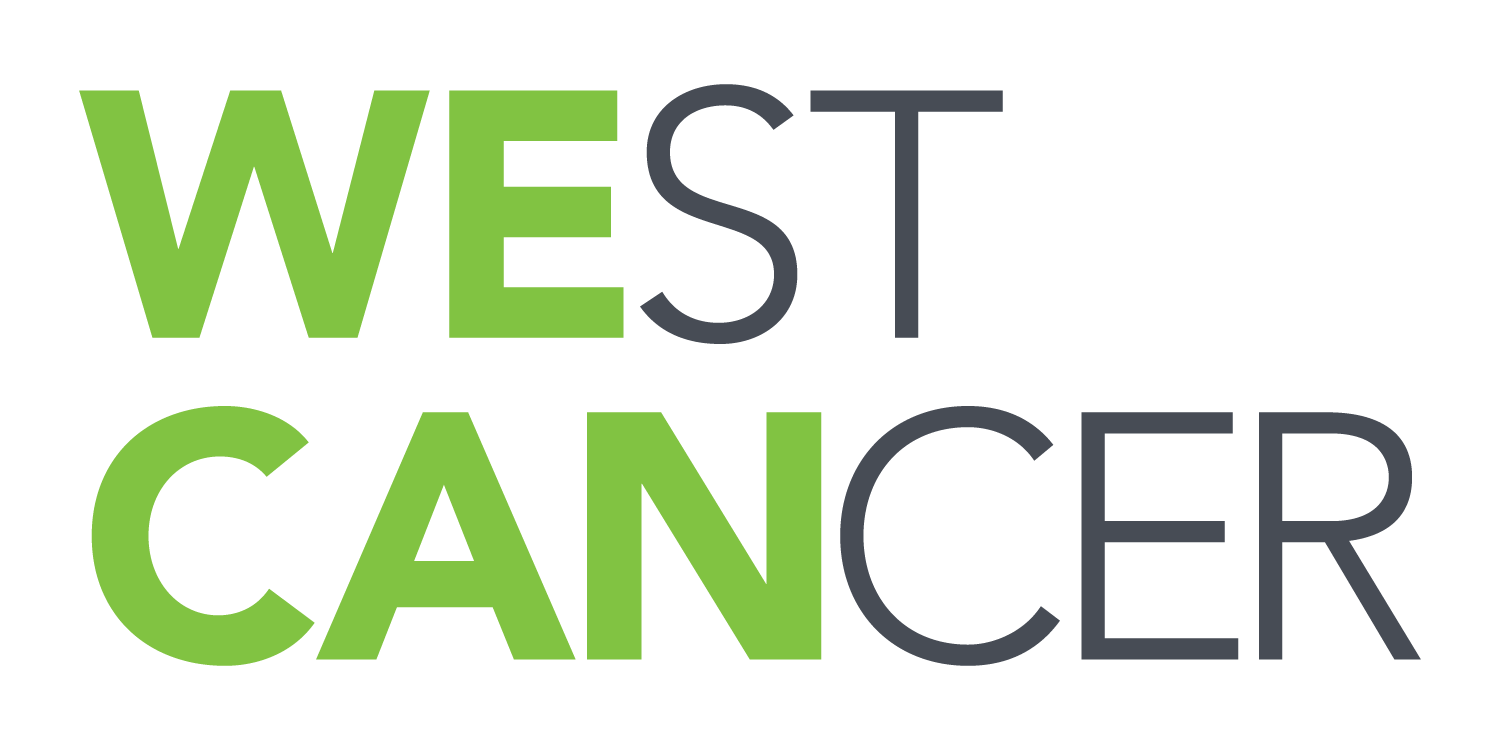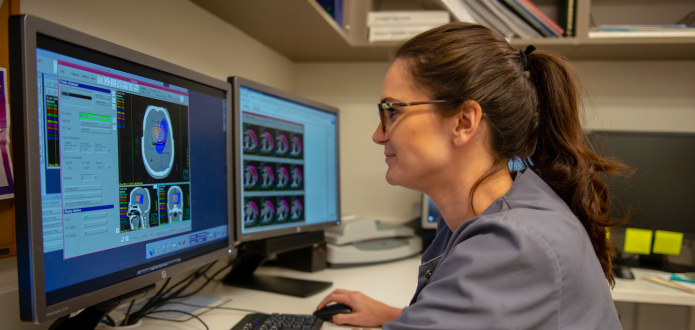Development of new cancer drugs and treatment strategies occurs in four phases. The phase of the trial depends on the questions that the doctors are trying to answer – such as its risks, safety and effectiveness compared to standard therapy.
Phases of Clinical Trials
PHASE I
- The first time that new experimental therapy is tested in humans is called a phase I trial.
- Primary goal of this phase is to determine whether the new experimental treatment is safe; the best way to administer the treatment; how much of the experimental medicine should be given; and how often it should be given.
- These trials usually involve a small number of patients for whom standard therapies have failed.
- Because these treatments are in the earliest phase of human testing, there can be significant risks. To learn more about phase I studies and whether this might be a viable treatment option for you, please consult your physician.
PHASE II
- When a new treatment is determined to be safe in a phase I trial, it will typically move to a phase II trial.
- Phase II trials are designed to determine the effectiveness of the treatment in a specific patient population at the dose and scheduled determined in phase I.
- These trials usually require a slightly larger number of patients than phase I trials.
- Doctors evaluate the result of phase I and II clinical trials to determine whether the new treatment looks promising. Drugs or therapies that are shown to be active in phase II trials may become standard treatment, or be further evaluated for effectiveness in phase III trials.
PHASE III
- Phase III clinical trials compare a new drug or therapy with a standard therapy in a randomized and controlled manner.
- Phase III clinical trials are designed to determine the proof of effectiveness and safety of a new drug or therapy as compared to standard treatment or protocol.
- Phase III trials usually involve a much larger group of patients than phase I or phase II trials. Each participant is randomly assigned to receive either the new treatment or standard therapy.
- If a drug is successful in a phase III trial, the researchers may apply to the FDA to market it for doctors to treat the general public.
PHASE IV
- Once the drug or treatment becomes part of standard therapy, it may be further studied in a phase IV trial.
- Phase IV trials include continued evaluation of side effects, risks and benefits of a drug or therapy over a long period of time.

Learn more about how to schedule an appointment or refer a patient to our oncology specialists here at West Cancer Center.

